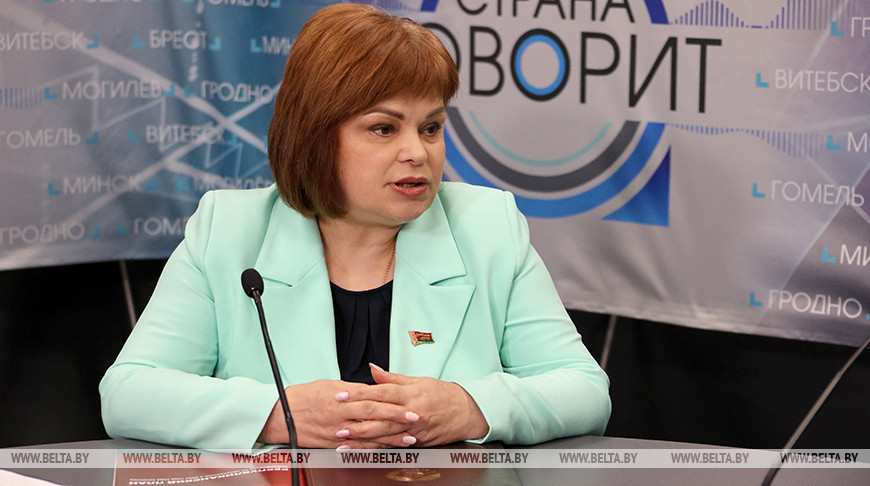New Zealand has gone from being a “distant farm” for Great Britain to establishing itself as a world leader in the halal meat market, says an industry expert who is presenting at the Business School’s Asia Dialogue conference in July.
 Tony Egan, managing director of Greenlea Premier Meats, will speak at the conference about how halal trade relations have helped New Zealand become one of the world’s leading exporters of premium halal meat.
Tony Egan, managing director of Greenlea Premier Meats, will speak at the conference about how halal trade relations have helped New Zealand become one of the world’s leading exporters of premium halal meat.
Egan says New Zealand relied on trade with Great Britain for many years, but the formation of the European Union showed that New Zealand’s future prosperity relied on neighbours closer to home.
“Many of these neighbours were different from us, with their own cultures and beliefs, so we needed to be innovative to meet their particular needs. The roast leg of lamb or beef on the dinner tables of Great Britain was nowhere to be seen in Asia,” Egan says.
“About 15 years ago we realised that the secret to unlocking the potential of these new customers was to visit them, listen to them and ensure that we met their product and service standards.”
The approach was severely tested in 2005, when inspectors from Malaysia’s Department of Islamic Development (JAKIM) found fault with New Zealand’s halal system. Meat processing plants began to lose their halal licences and the number of approved plants quickly fell from 42 to just 2.
Greenlea continued to trade, and for several years New Zealand meat industry representatives, including Egan, met with Malaysian in an attempt to reconcile religious and scientific points of view.
“Eventually, with government-level support from the Ministry of Agriculture and Forestry and the Ministry of Foreign Affairs and Trade, we established a protocol, which Malaysia has adopted. The ratified export standard has resulted in a great deal of untapped market potential for New Zealand,” says Egan.
One of New Zealand’s innovations was the reversible stunning method of halal slaughter, which stuns livestock so they can’t feel pain before they are slaughtered, to satisfy halal slaughter requirements and New Zealand’s strict animal welfare laws.
In acknowledgement of its efforts, the Ministry of Agriculture and Forestry was named best service provider at the 2011 World Halal Forum for its Animal Products (Overseas Market Access Requirements for Halal Assurances) Notice – the first time a non-Muslim country has won this accolade.
Just back from the World Halal Research Summit in Kuala Lumpur, where he was the first New Zealander invited to speak on behalf of the New Zealand meat industry, Egan says New Zealand’s approach is increasingly accepted as the sensible one in the global halal meat market.
“Halal customer needs focus on the concept of tayyib, which requires food to be wholesome, nutritional and safe. This brings in many concepts including environmental sustainability, safety and animal welfare, and is not particularly onerous for New Zealand processors to provide,” Egan says.
Though New Zealand beef exports to Malaysia are yet to climb back to pre-2005 levels, sheep meat exports have recovered quickly, reaching 9,700 tonnes (worth $58.5 million) in the past year – up from 6000 tonnes in 2004.
In the year to June, 2011, New Zealand exports of halal-certified meat to Muslim markets – including the Middle East and Muslim-minority countries – were worth almost $490 million. The country has 48 certified processing plants and employs more than 200 qualified halal meatworkers.



